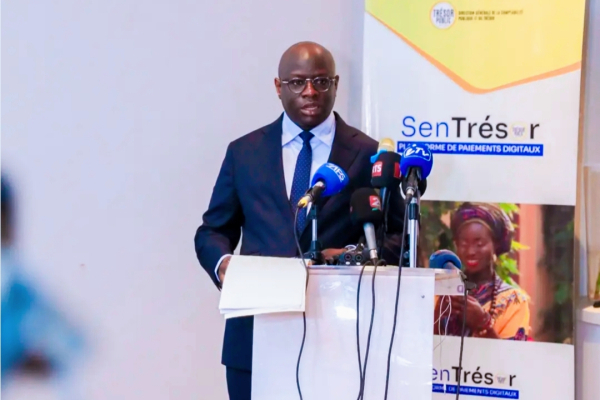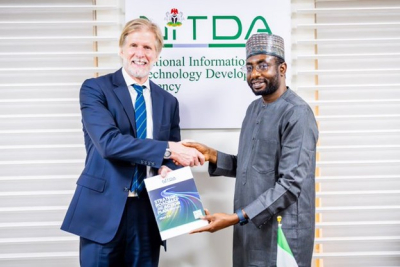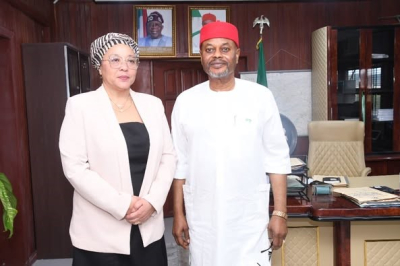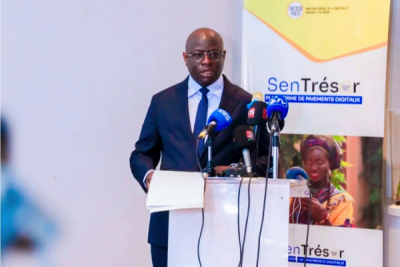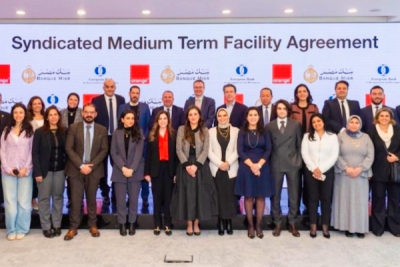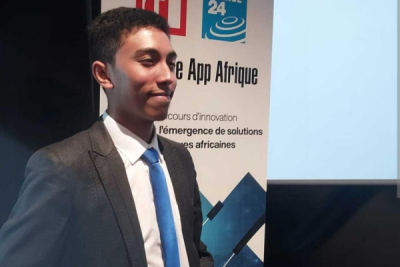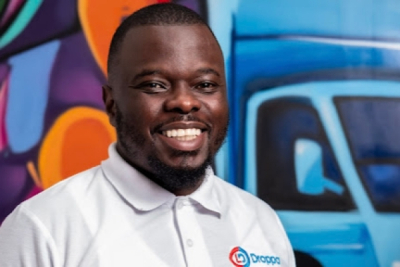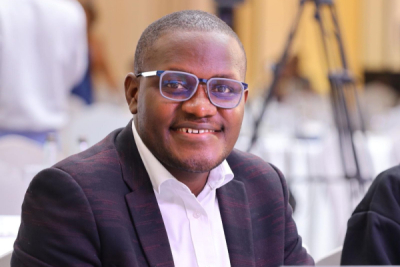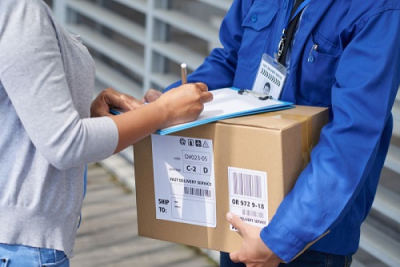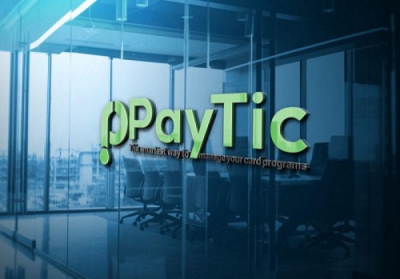Since launching its digital strategy, Senegal has ramped up initiatives to modernize its public administration, boost transparency, and bring government services closer to citizens through digital tools.
Senegal's Minister of Finance and Budget, Cheikh Diba (photo), officially launched SenTrésor, a new digital platform for public payments, on Monday, June 2, in Dakar. The project, developed by the General Directorate of Public Accounting and the Treasury, aims to modernize and streamline financial transactions between the state and its citizens.
According to Diba, "beyond the simple digitization of payments, SenTrésor marks the beginning of a new model of interaction between the state and its citizens, based on simplified administrative procedures. SenTrésor addresses the challenge of mass payments, which require large personnel deployments and generate numerous constraints."
The platform centralizes public payments, including salaries, social assistance, scholarships, and emergency relief, through mobile money services. A network of "investigators" deployed nationwide, particularly in rural areas, identifies beneficiaries, collects data, verifies eligibility, and registers them in a secure database. Payments are then made automatically, eliminating the need for beneficiaries to travel.
Since its pilot phase began on March 28, 2025, SenTrésor has served over 44,000 people, with total disbursements exceeding 4 billion CFA francs (approximately $6.9 million). The platform has demonstrated high reliability and traceability.
The launch of SenTrésor aligns with Senegal’s broader push to digitize public services, consistent with the country's Vision 2050 and its New Technological Deal. It complements other recent government-led digital initiatives such as e-solde, Tabax, and Jubbanti. All these efforts are designed to boost administrative efficiency, improve access to public services, and accelerate digital inclusion.
By enabling direct payments from the state to citizens, SenTrésor is expected to help lower administrative costs, combat fraud, and promote financial inclusion, especially for those excluded from traditional banking networks.
However, several challenges could hinder the platform’s widespread adoption. These include limited access to mobile internet, uneven network coverage in rural areas, the digital divide, and public trust in the security of government digital platforms. As of early 2025, an estimated 11.3 million people in Senegal were using the internet, representing an online penetration rate of 60.6%.
To address these challenges, authorities will need to support SenTrésor’s rollout with awareness campaigns, partnerships with mobile network operators, and the strengthening of digital infrastructure in the most remote areas.
By Samira Njoya,
Editing by Sèna D. B. de Sodji


